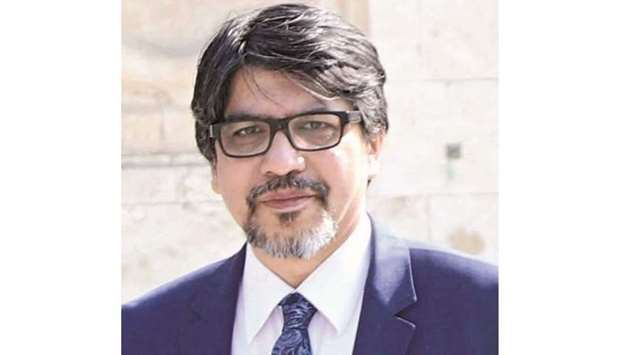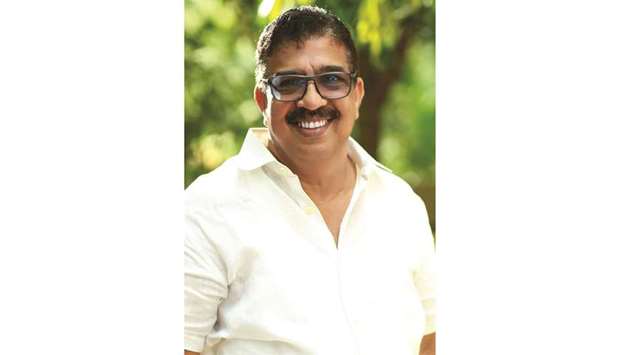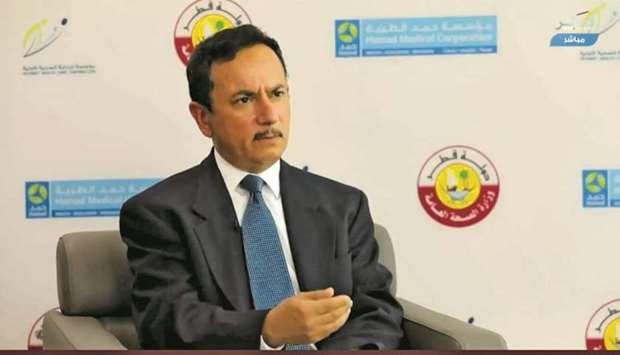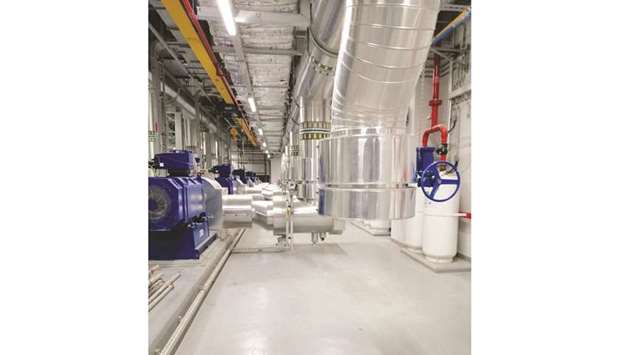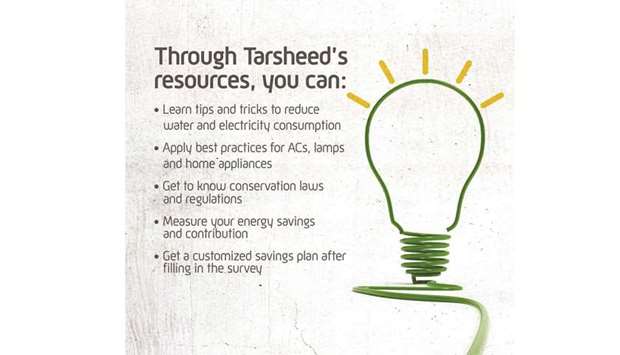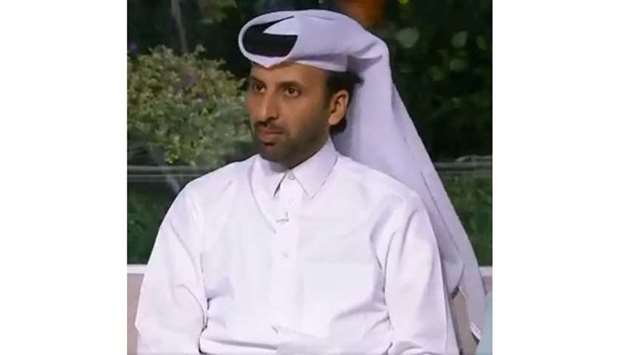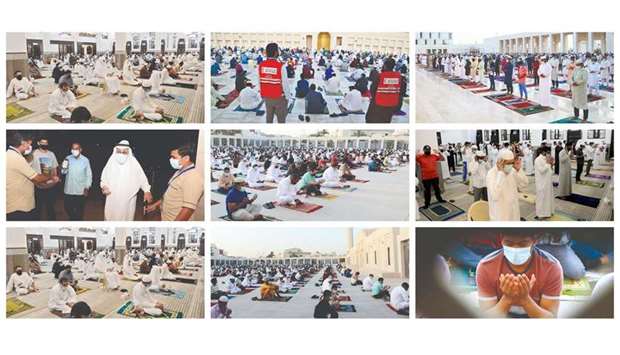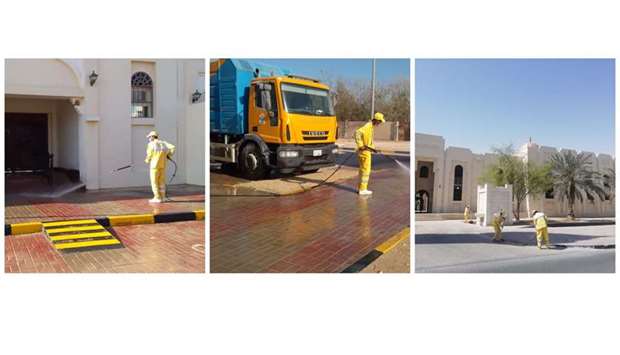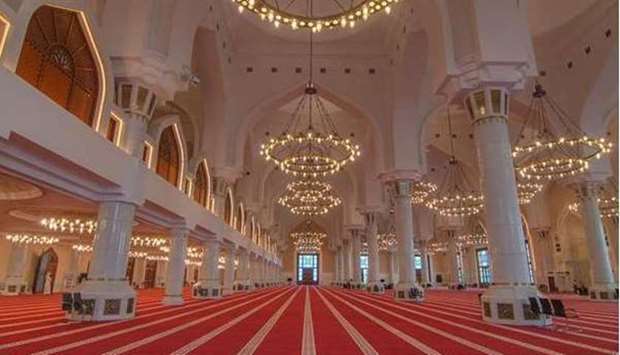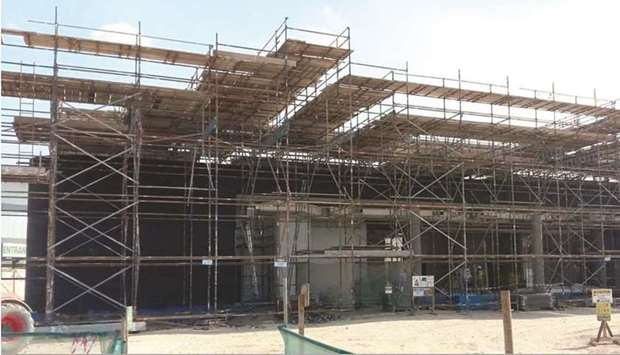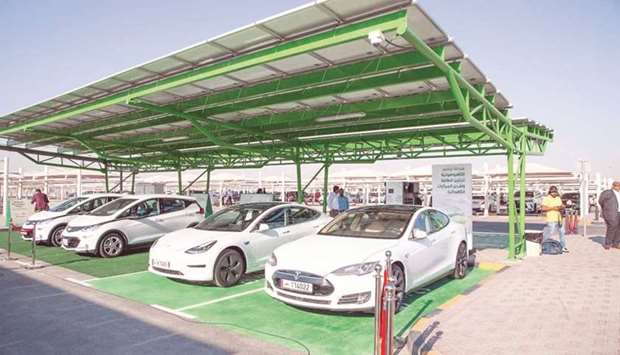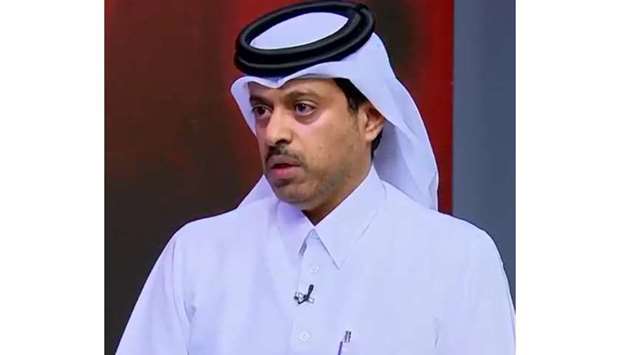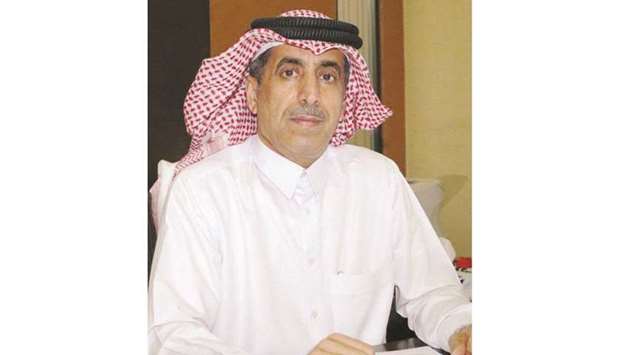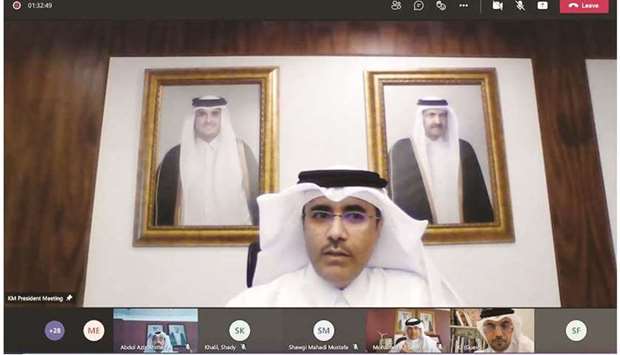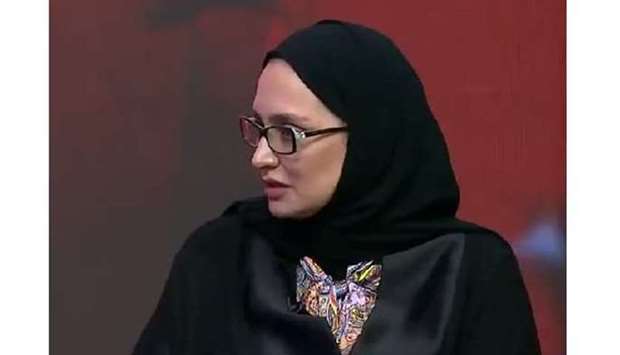HE the Prime Minister and Interior Minister Sheikh Khalid bin Khalifa bin Abdulaziz al-Thani's interview reflects Qatar’s transformations that position the country as a pioneer in multiple areas of public welfare, Bangladesh ambassador Mohamed Jashim Uddin has said. In an exclusive statement to Gulf Times, the ambassador said the interview with chief editors of Qatari newspapers also speaks of the presence of an enlightened, dynamic and visionary leadership of His Highness the Amir Sheikh Tamim bin Hamad al-Thani. “The ongoing global pandemic and the success with which Qatar managed and contained both the waves of the deadly virus is testament to the commitment and capability of the authorities, especially the excellent health infrastructure that played a pivotal role in rendering medical treatment to both the citizens and residents. We are truly grateful to the government of Qatar for this support. Qatar also set an example in successfully rolling out vaccines and by now has covered a significant percentile of the population. As HE the Prime Minister rightly pointed out, Qatar has picked the best vaccines early on and that has surely made a big difference. The excellent arrangements put in place to vaccinate the population since December last year are yielding positive results for the country to gradually return to normalcy,” the ambassador noted. The envoy expressed his delight to see that Qatar is preparing for the Shura Council election to strengthen the Council and to ensure participation of its citizens. “With the commitment from the highest political leadership, as has been elaborated by HE the Prime Minister, the citizens of this country are poised to experience a new chapter of their participation in the electoral process to move towards strengthening the Shura Council. We wish Qatar all the best in this initiative of holding the elections for the Shura Council,” Jashim Uddin said. “Living in Qatar now, I can see the extraordinary efforts the Qatari leadership has put into preparing for the mega world cup football meet in 2022. The infrastructure is excellent as some of the stadiums have been used as venues for matches where Bangladesh football team also had the opportunity to participate. I completely agree with HE the Prime Minister that Qatar is ready to host the tournament in all respects. I am particularly pleased to see that the pandemic couldn't put a brake in slowing down the pace of the construction of the infrastructure. The balancing act of containing the pandemic and carrying on the construction activities speak of not only the commitment but also the strategic vision of the leadership here. I think the World Cup in Qatar will go down in history as one of the most remarkable ones,” he explained. The Bangladesh ambassador also hailed the positive impact on the lives of the workers and with commitment and dedication and concerted efforts with the participation of all authorities concerned saying the reforms measures to strengthen labor law will go a long way in further improving the lives of the workers. “It will benefit the employers and therefore help project Qatar as a pioneer in this area too,” he noted.

Shafeeq Alingal
Shafeeq Alingal is a Staff Reporter with Gulf Times. He has mainstream media experience of twelve years. Health, environment and wildlife are among his specialties.
Most Read Stories

